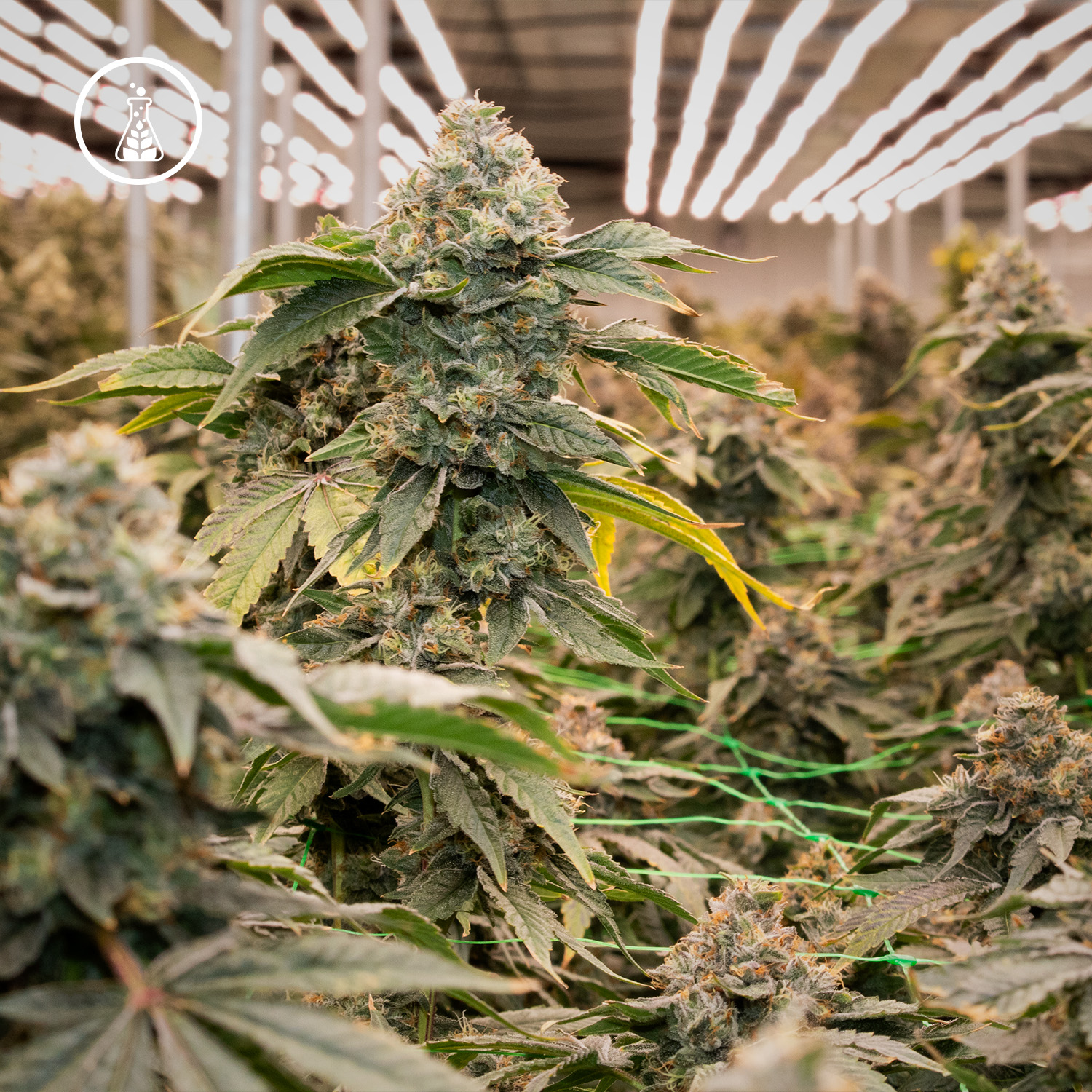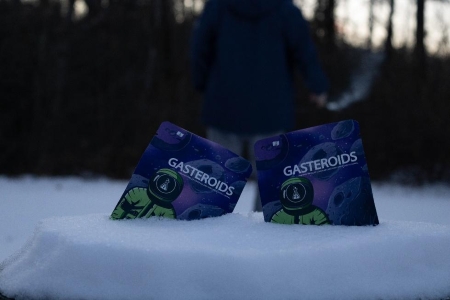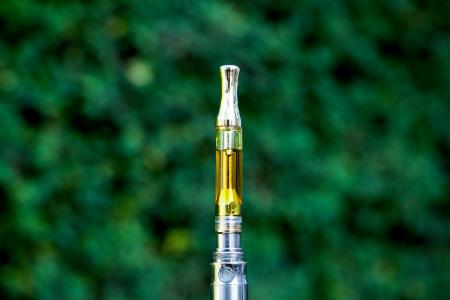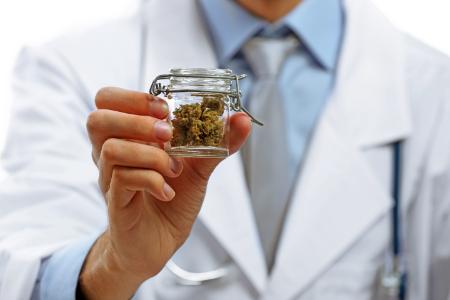Introducing Gasteroids: A New Take on Infused Flower
Sanctuary is excited to announce a new addition to the Space Dust brand. Introducing Gasteroids; Space Dust-coated small buds infused with live cannabis terpenes. Using a week-long novel infusion system, these buds get an even uptake of terpenes directly infused into their plant material. This method leaves […]






